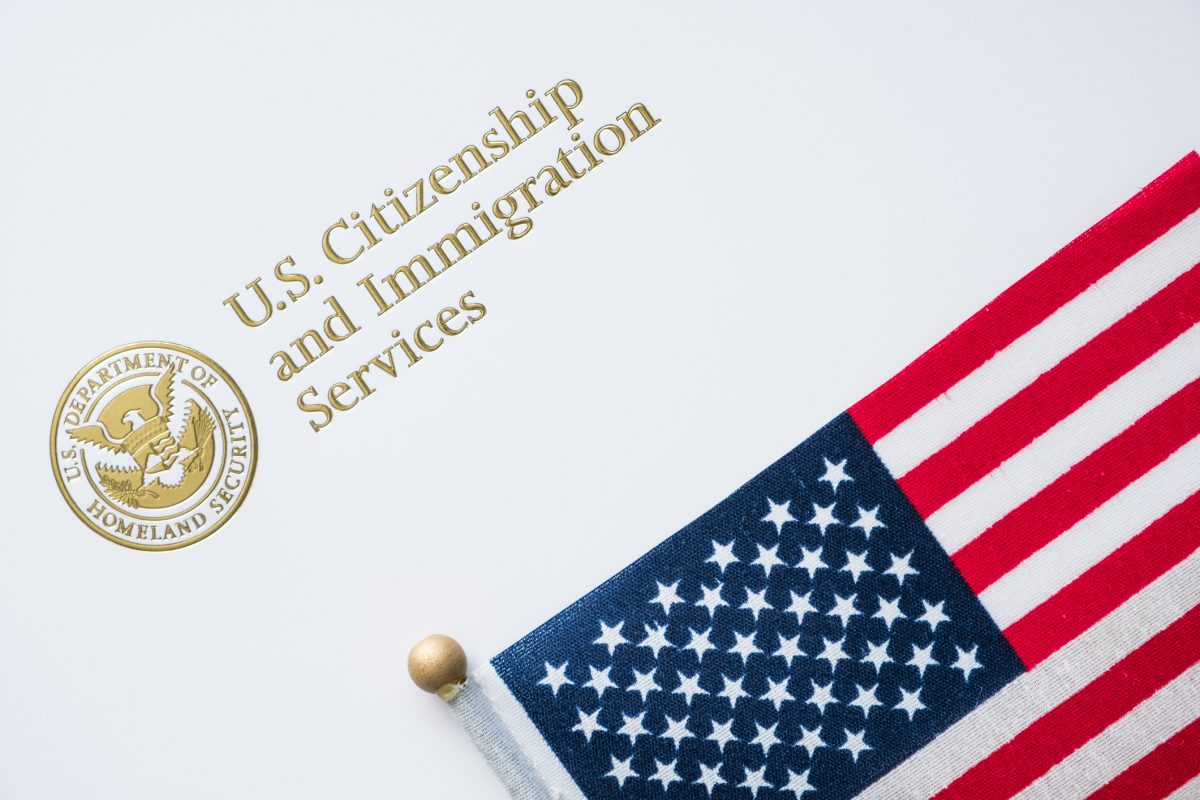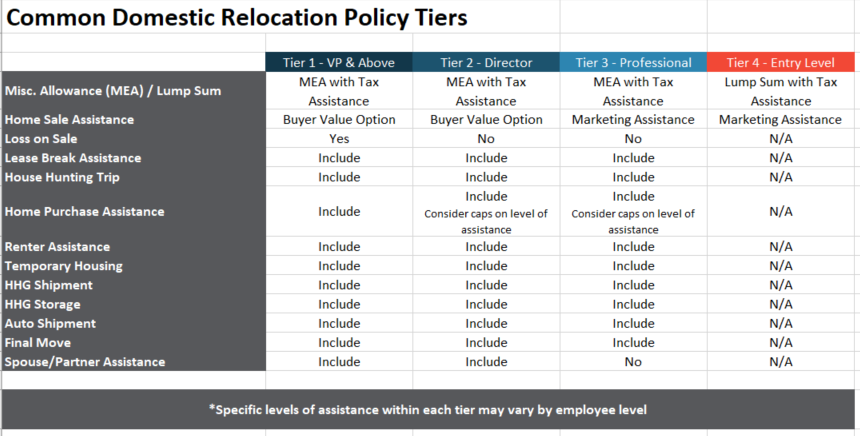Get Ahead of Problems Faced in Cross-border Mergers and Acquisitions
Merging branches or acquiring new businesses is a complex process. These transactions involve numerous parties and have an abundant number of moving parts. This is the case, even more so, with cross-border mergers and acquisitions (M&A). What happens when the merger or acquisition is obtained in another country?
Businesses are understandably focused on the economic and financial aspects of the deal, not so much on employer immigration compliances. However, these compliances are important and should not be overlooked. Imagine trying to relocate or transfer employees from one branch to another, only to be held up by visa and immigration issues. The issues that delay employment transitions and the assessment of liabilities are best addressed early in the process to allow your organization enough time to overcome any compliance risks.
In almost any merger, acquisition, or change of entity, employers will need comprehensive plans to ensure relocating employees are able to validate their immigration status for their new country of employment. Employers who fail to accurately assess their immigration needs risk major business and labor disruptions, or the loss of key employees due to visa and immigration holdbacks.
An effective M&A agreement will be prepared and determined appropriate based on the following points:
Deal Structure
Is it a stock/share deal?
With a stock purchase, the legal entity being purchased is often maintained and the purchasing company inherits all of its foreign workers. It will be up to the purchasing company to confirm that all these workers’ permits/visas are compliant and if any changes to immigration status will be needed.
Is a new legal entity being created?
As often is the case with a merger, an entirely new entity is created. Under some jurisdictions and work permit types, foreign employees are only authorized to work for the original company that sponsored them. In these situations, a new work permit may need to be applied for, or at the very least, an amendment made to the existing permit.
Change in Staffing
Will the deal affect any employment contract type or status?
In many countries, a foreign worker’s employment authorization is tied to the employment contract they signed with their original employer. If this contract is made void through a merger or acquisition, the status of the work permit could be as well. It is important to check with the local immigration authorities to see if amendments are needed.
Will the deal cause any employee on a work permit/visa to be promoted or demoted?
Often a foreign employee’s type of work authorization is tied to their seniority/position or their income level. Depending on the jurisdiction and the terms of the work permit/visa there may need to be a change of status filed with the local authorities.
Will the location of work permit/visa holders change?
In some countries, a foreign worker’s visa/permit may be tied to a particular province/state or even city. If workers are going to relocate to another region because of a merger or acquisition, an amendment may need to be made to their work authorization.
Will job titles of work permit/visa holders change?
Depending on the country and type of work authorization originally granted, if a merger or acquisition results in the changing of job titles for foreign workers there may need to be an amendment made to their work permit.
Will job descriptions of work permit/visa holders change?
If a work authorization was originally granted based on a foreign worker’s particular skills and the type of work they perform, it is important to check if new work authorizations will be required if their job description is going to change.
Will salaries of work permit/visa holders be adjusted?
In some countries, a foreign worker’s visa/work permit type is often tied to their income level. If there are changes, he/she may require a new work permit or have an amendment made to their existing work authorization.
Assess Potential Red Flags
Understand visa/work permit processing time
If changes or amendments are needed to foreign workers’ work permits/visas, it is important to understand what processing times will be applicable. Processing times can vary drastically in different countries, and if not correctly managed a company might find itself in a situation where many of their foreign workers are not able to legally work immediately after the date of a merger or acquisition.
GMS Can Help with Employer Immigration Compliances
Global Mobility Solutions can help businesses with all of their global mobility needs and concerns, including companies who face problems with cross-border mergers and acquisitions. We partner with top visa and immigration companies to assure our clients’ their employees and their families are taken care of. Don’t let employer immigration compliance keep your company from merging or acquiring new branches. Contact us today to discuss your needs with a professional relocation expert.
We're Here to Help! Request a Courtesy Visa Program Consultation
Properly managing a visa and immigration program involves meticulous coordination, precise communication, and worldwide interaction with government agencies, corporate personnel, and relocating employees.
At GMS, we provide you with peace of mind in knowing your mobility program is fully compliant and being managed by the best in the industry.
Request a no-pressure, courtesy consultation from a GMS Mobility Pro. We’ll be in touch within 1 business day.




